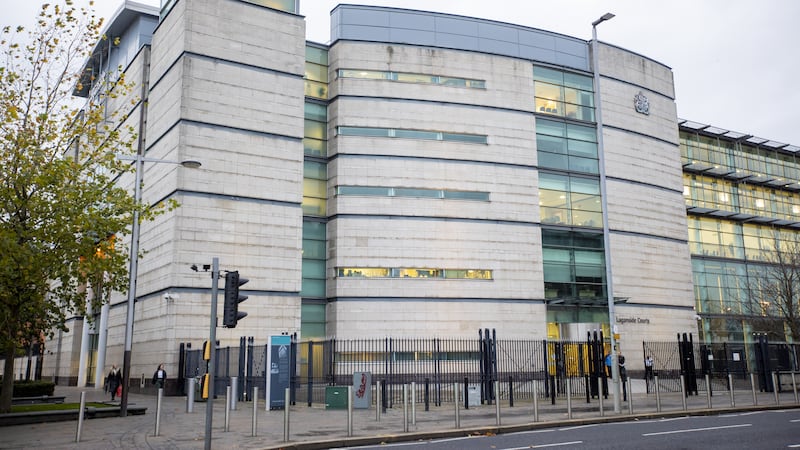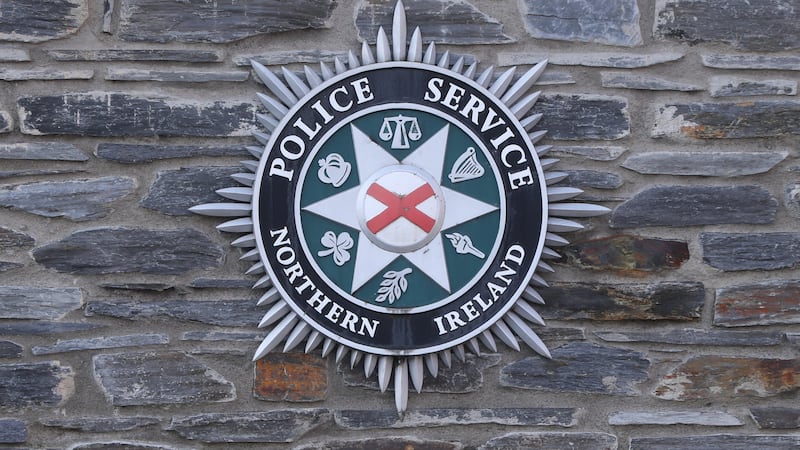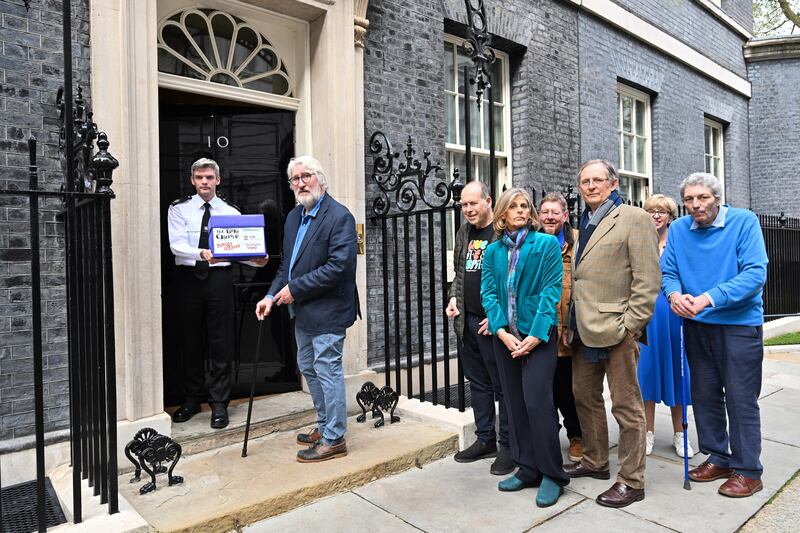SINN Féin has been accused of attempting to “rewrite history” after describing the British government as the “main conflict protagonist” during the Troubles.
Unionists reacted angrily to the claim contained in the party’s formal response to a public consultation on proposed mechanisms designed to deal with the past.
The 30-page document launched at Stormont on Wednesday outlines Sinn Féin’s view on how to implement the legacy mechanisms that emerged from the 2014 Stormont House Agreement.
The document stated that “the approach of the British state has been to deny wrongdoing, to conceal the truth and limit accountability”.
Sinn Féin’s response to the legacy consultation describes the UK Government as the “main conflict protagonist”. @GerryKellyMLA and @moneillsf defended that assertion at the launch event when asked was it consistent with the number of deaths attributed to the IRA and the State. pic.twitter.com/SszfXnw2yi
— David Young (@DavidYoungPA) October 3, 2018
It also said: “To date the British government’s approach has been to deny and cover up its own role and culpability as the main conflict protagonist.”
Read more:
- Analysis: Implicating the British has merit but the figures just don't add up (premium)
- Alliance representative launches libel action against DUP's Graham Craig over 'IRA mouthpiece tweet'
Of the 3,600 people killed during the Troubles, the IRA was responsible for more than 1,700 of the deaths.
Around 370 killings were attributed to the security forces, while many whose loved ones were murdered by loyalists allege the state colluded in those deaths as well.
DUP leader Arlene Foster criticised the claims and said “the use of the ‘big lie’ by Sinn Féin cannot be allowed to distort the truth”.
Mrs Foster said 60 per cent of deaths during the Troubles were at the hands of republican paramilitaries and accused the republican party of seeking to rewrite history.

“This is not about ‘different narratives of the past’. It is the continuation of attempts to rewrite history. It is not opinions which Sinn Féin seek to change, but hard facts,” she said.
“Only Sinn Féin could put together a response to a consultation on dealing with the past and take umbrage at being questioned in relation to the IRA’s role.”
Ulster Unionist MLA Doug Beattie also accused Sinn Féin of attempting “to rewrite history, to try to make out their part in it was justified”.
“As far as Sinn Féin is concerned their whole aim is to place the blame on someone else,” he said.

Former SDLP Policing Board member Dolores Kelly said it did “not bode well that some of the leading protagonists in the conflict, whilst pointing out the culpability of others, refuse to acknowledge their own role”.

Sinn Féin has said it stands by its description.
At the publication event at Parliament Buildings, Sinn Féin MLA Gerry Kelly insisted that the UK government bore the greatest responsibility for the conflict.
“They were the main protagonists. They are a government. They had 31,000 troops. They have a standing army of something like 150,000,” he said.
“So it is not unreasonable that they were the main protagonists and certainly in terms of what was suffered within the nationalist population.”








